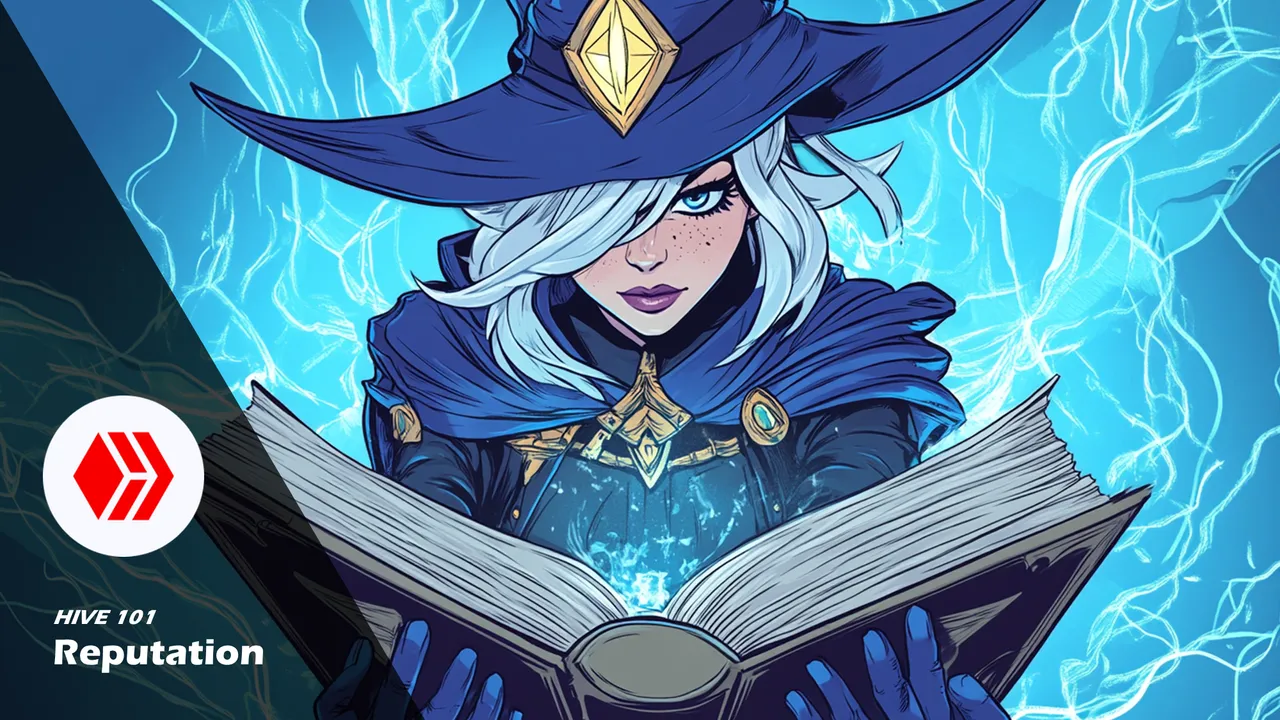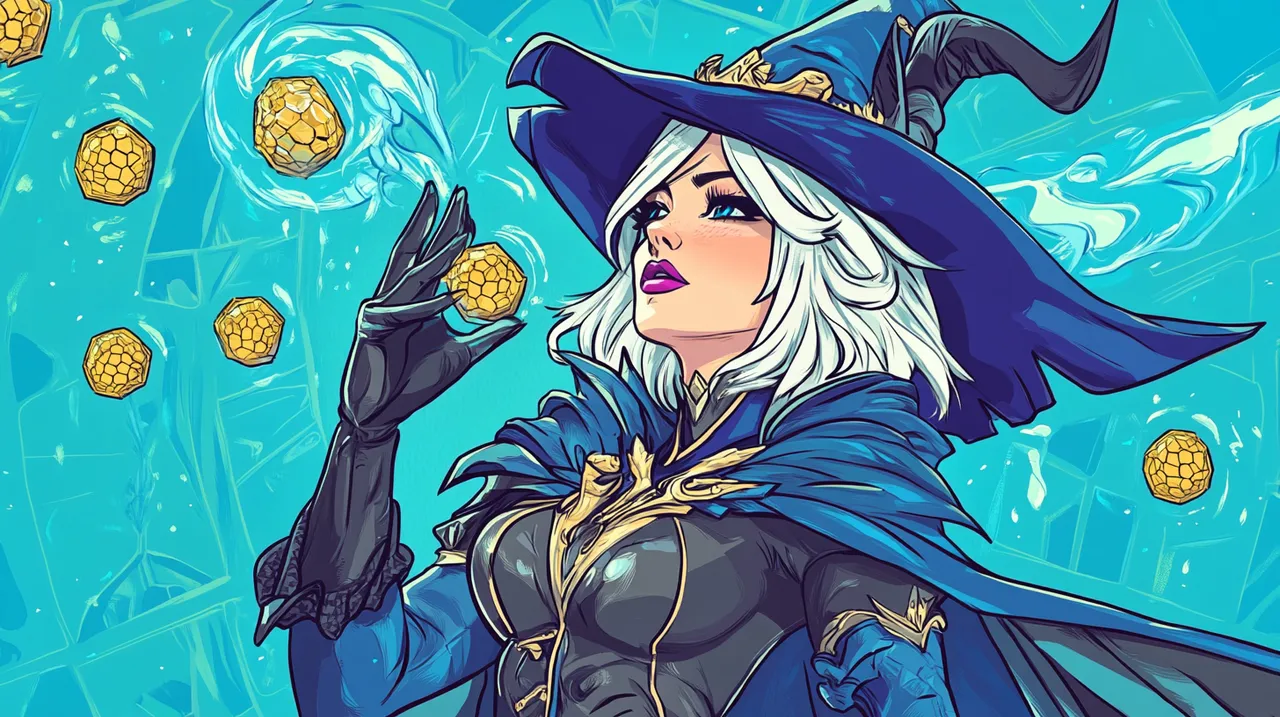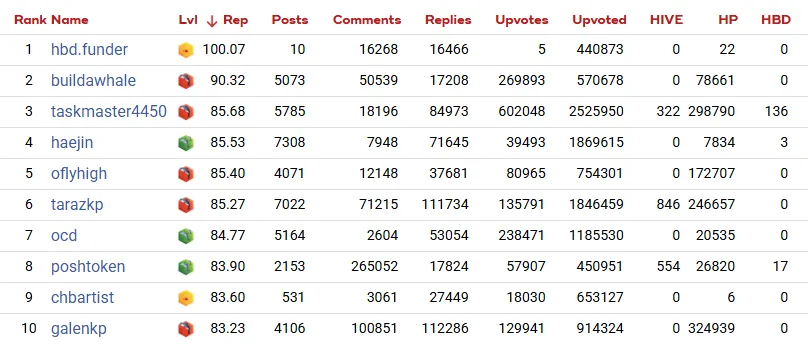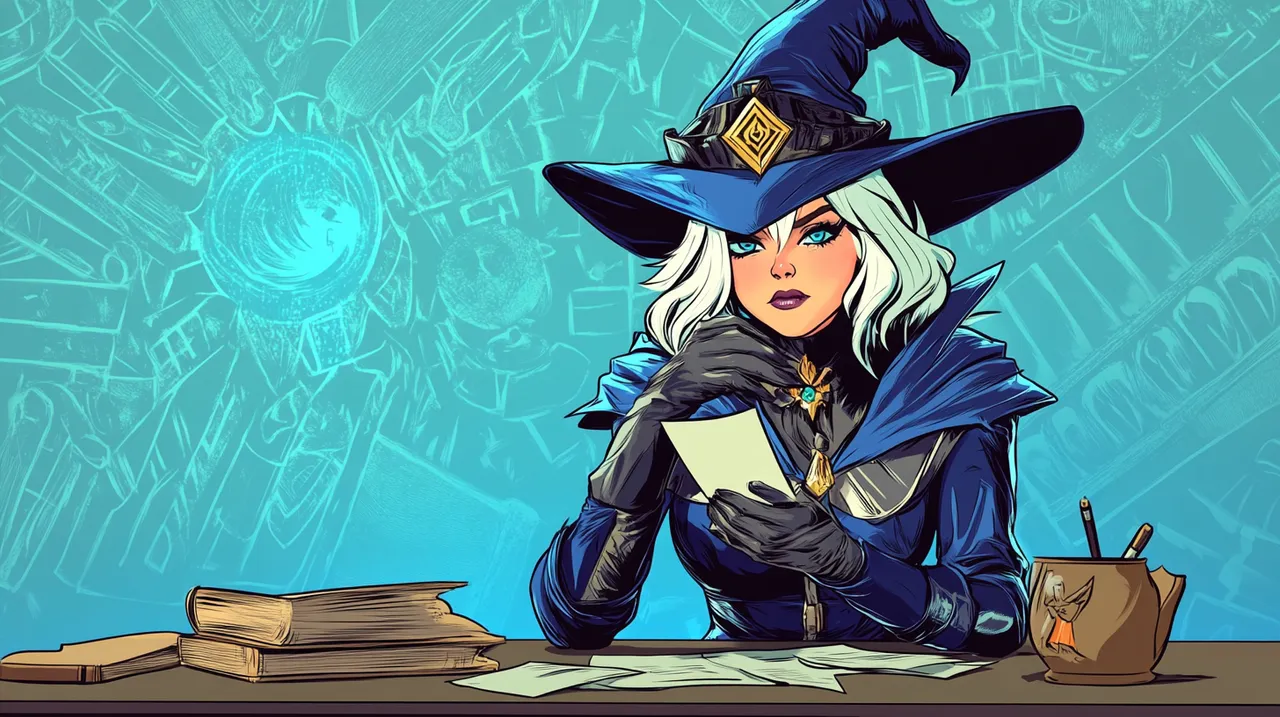
I joined Splinterlands, and therefore Hive, in October 2021, so it's been just under 4 years for me on Hive. And while I consider myself somewhat of a long-timer on Splinterlands, and am very familiar with pretty much everything going on there, I still consider myself quite "young" when it comes to my life on Hive. I joined after the dramatic rebellion and subsequent fork away from Steem & Justin Sun (well worth the read btw).
For my first year or so on Hive, I felt quite indifferent about Hive. It was simply the blockchain that the game I loved operated on, in some capacity, and had this cool wallet (Keychain) that let me interact with some relevant apps.
Then, however, I started writing more content on Hive and engaging with other creators and long time Hive community members, and I started to learn more and appreciate some of the things that make Hive special. And let me tell you there are still ways in which I'm just scratching the surface when it comes to Hive.
So bit by bit, I'm trying to learn more about different aspects - some little things and some bigger things - and will be documenting what I learn here through a series I call Hive 101. In this one, I'm looking at Hive Reputation.

Hive Reputation in a nutshell
One of the central concepts on Hive is that of Reputation. It's not a completely novel idea. In fact similar concepts exist in the Web2 world (e.g. on Reddit) and Hive's system originated in its Steem days. The key concept was designed to assign a "trust score" for users based on their activity on Hive.

In a nutshell, Hive reputation is an on-chain metric that you gain by receiving upvotes on your content and which can go down by receiving downvotes. Scores start at 25 (for new accounts) and can theoretically go up to 100, though it looks like even the most active & high-reputation accounts tend to hit a ceiling in the low to mid 80s (you can see these on Hivebuzz; just sort by Rep).

Here I am with my 72.43 Rep, coming in at 1778th in the world! Posting this here gives me something to look back to as I keep working on my reputation :)

How it's calculated
Reputation is an on-chain metric that can be gained or lost by received upvotes or downvotes on your content. However, those upvotes/downvotes only affect your reputation if the reputation of the upvoter/downvoter is HIGHER than yours. This is a mechanism that was put in place to prevent certain abuse scenarios, such as creating tons of Hive accounts and using those to upvote one another.
Upvotes/downvotes on a user's content contribute something called "rshares" (reward shares) which are used to compute the Reputation. Per-post rshares value can be obtained through Hive APIs and on certain frontends but total rshares need to be derived through something like HiveSQL. However reputation is the "human-readable" and normalized version that's exposed.
Upvotes/downvotes from accounts with higher HP have a higher rshare, and therefore a higher impact on the receiving account's reputation.
Of course it's not perfect (I don't think any reputation system can be perfect). It can be gamed by "vote rings" or even self-voting (though I'm really not sure why they don't simply disable self-voting altogether). It can also be used for "vendettas" (where for example someone may use their reputation and HP to "nuke" an account simply because they disagree with them, rather than downvoting purely based on content quality). However since downvote power is something only users with high reputation have, it's somewhat mitigated (i.e. you would expect most high-reputation users to be generally "good").
Another important factor to note is that reputation growth is logarithmic - this means that it's easier initially to grow your reputation and gets harder over time (which makes those scores in the 80s even more coveted!).

Why it matters
High reputation is generally a signal that a user has a history of producing good quality content and has contributed to Hive in a positive way over the years. This signals to other users that they are less likely to produce spam or low quality content.
New accounts (which start at 25) typically get less engagement, so they need to make additional efforts to engage with the community (and with higher reputation and higher HP accounts) in order to get going.
Negative reputation (below zero) causes posts & comments to get hidden, so that's obviously meant to penalize accounts who are considered to be highly net-negative towards the ecosystem.
Note that reputation doesn't directly impact rewards. Those are based on the HP of the upvotes you get on your content.
And of course, as noted in the calculation, reputation is necessary if you want to be able to impact others' reputations. In other words, if you care about the quality of content on Hive, and want to be able to impact the ecosystem, then you should care about reputation.
Should you care?
Yes, I think you should. If you'd like Hive to be a place where predominantly good content exists and is rewarded, and you plan to act accordingly with your up (and down) votes, then reputation should matter to you.
Personally, I see myself sticking around long term on Splinterlands and on Hive. Reputation matters to me because it shows people that I've contributed to the community with good content. It also matters to me because it allows me to have an impact on authors who I feel are also producing good content. And lastly, it's a badge of pride & honor.

All the art on this page was created with AI using Midjourney